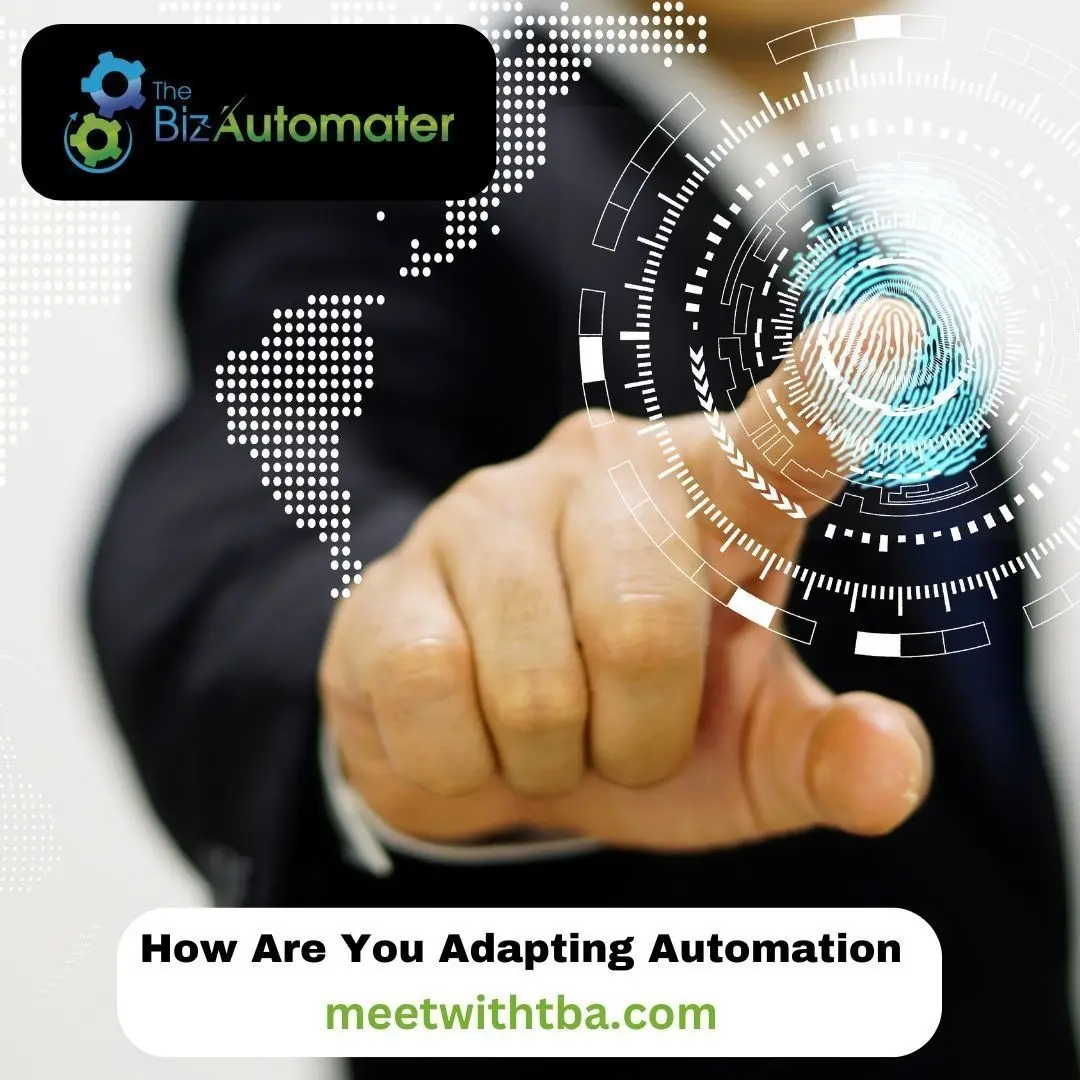The Digital Revolution: Automation in 2025
The Transformation of Business Through Modern Automation
Introduction
As we navigate through 2025, the business landscape continues to evolve at an unprecedented pace. Organizations across all sectors are witnessing a fundamental shift in how operations are conducted, decisions are made, and value is delivered to customers. At the heart of this transformation lies modern automation – a sophisticated blend of artificial intelligence, machine learning, and advanced analytics that is reshaping the very foundation of business operations.
The Evolution of Automation
From Simple Tasks to Intelligent Operations
The journey of automation has evolved dramatically from its origins in simple task repetition. Today’s intelligent automation systems represent a quantum leap in capability:
- Cognitive Processing: Modern systems can understand context, learn from experience, and make complex decisions
- Adaptive Learning: Continuous improvement through real-time performance analysis and adjustment
- Predictive Capabilities: Anticipating issues and opportunities before they materialize
- Cross-functional Integration: Seamless coordination across different business units and processes
The Role of Artificial Intelligence
AI has become the cornerstone of modern automation, enabling:
- Natural Language Processing for sophisticated communication
- Computer Vision for quality control and monitoring
- Deep Learning for pattern recognition and prediction
- Autonomous Decision-Making based on complex criteria
Core Benefits of Modern Automation
Smart Operations
Modern automation platforms have revolutionized operational efficiency through:
- Real-time process optimization
- Predictive maintenance and resource allocation
- Autonomous quality control systems
- Dynamic workflow adjustment
- Integrated performance monitoring and reporting
Predictive Intelligence
The power of modern analytics has transformed business decision-making:
- Real-time market analysis and trend prediction
- Customer behavior modeling and anticipation
- Risk assessment and mitigation
- Resource optimization and allocation
- Strategic planning and forecasting
Enhanced Customer Experience
Customer interaction has been revolutionized through:
- Personalized engagement at scale
- Proactive support and issue resolution
- Real-time response to customer needs
- Customized product and service recommendations
- Seamless omnichannel experiences
Innovation Acceleration
By freeing human resources from routine tasks, automation enables:
- Increased focus on strategic initiatives
- Enhanced creative problem-solving
- Rapid prototyping and testing
- Accelerated product development
- Improved market responsiveness
Implementation Strategies
Assessment and Planning
Successful automation implementation requires:
- Comprehensive process analysis
- Clear objective setting
- Stakeholder engagement
- Resource allocation planning
- Risk assessment and mitigation strategies
Technology Selection
Choosing the right automation tools involves considering:
- Scalability requirements
- Integration capabilities
- Security features
- Compliance requirements
- Total cost of ownership
Change Management
Effective implementation must address:
- Employee training and development
- Communication strategies
- Cultural transformation
- Performance measurement
- Continuous improvement processes
Future Trends and Considerations
Emerging Technologies
The future of automation will be shaped by:
- Quantum computing integration
- Advanced AI capabilities
- Edge computing and 5G
- Blockchain and distributed systems
- Internet of Things (IoT) expansion
Sustainability and Ethics
Important considerations include:
- Environmental impact
- Energy efficiency
- Ethical AI development
- Data privacy and security
- Social responsibility
Challenges and Opportunities
Implementation Challenges
Organizations must address:
- Technical integration complexity
- Skill gap management
- Change resistance
- Resource allocation
- Security concerns
Market Opportunities
Automation enables:
- New business models
- Market expansion
- Service innovation
- Competitive advantage
- Operational excellence
Conclusion
The transformation of business through modern automation represents both a challenge and an opportunity. Organizations that successfully implement these technologies while maintaining focus on human factors and ethical considerations will be best positioned for success in the evolving digital landscape.
Success in this new era requires a balanced approach that combines technological innovation with human insight, ethical considerations, and sustainable practices. The future belongs to organizations that can effectively leverage automation while maintaining agility, fostering innovation, and delivering exceptional value to customers.
As we look ahead, the continued evolution of automation technologies promises even greater opportunities for business transformation. Organizations must stay informed about emerging trends, maintain flexibility in their approaches, and remain committed to continuous improvement to fully realize the benefits of this digital revolution.


